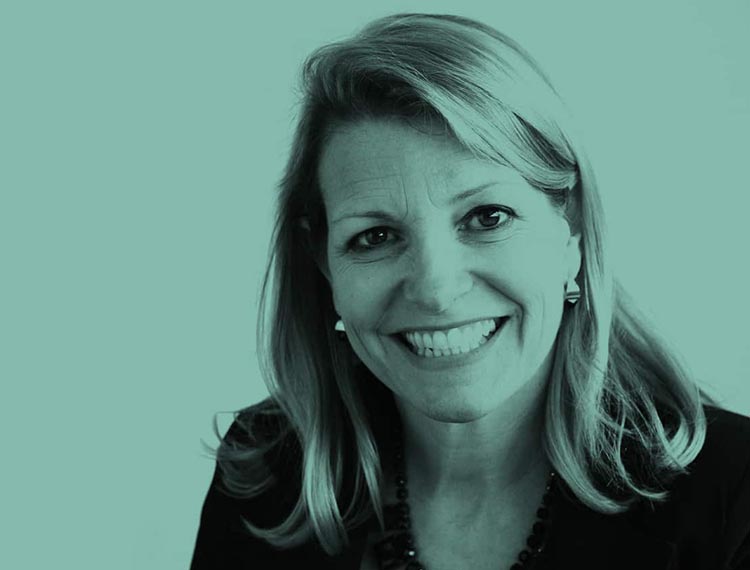Equality, equity, accessibility, and inclusion: Placing everyone at the heart of education re-imagining

Professor Anne Bamford OBE, a FED Council Member and Strategic Director of Education and Skills for the City of London challenges and invites us to think about how we place ‘everyone’ at the heart of education, specifically as this is the first word in the Universal Declaration of Human Rights:
Education is an investment in the future. Yet are the rewards of this investment equally received by everyone?
Educational equity refers to the fairness, and opportunity in education. Under Article 26 in the Universal Declaration of Human Rights, it states that “Everyone has the right to education” and that higher levels of education “shall be equally accessible to all on the basis of merit.”
It goes on further to say that education must, “be directed to the full development of the human personality” and strengthen “respect for human rights and fundamental freedoms.”
How well does our education currently do these things?
There is a groundswell for re-imagining and re-centring education, with growing questioning of the metrics and measures of success.
The knowledge, skills and attitudes needed now and into the future has fuelled a diversity of models, methods, and movements calling for change.
There are common themes – the agency of the learner and citizen-led approaches, technology and the pace of change.
So what role does access, inclusion and equality play in making these visions a reality?
Successful schools prioritise quality. Equality is both an outcome of quality but also the process for creating quality.
If we look at the very first word of the Universal Declaration, it is the word everyone. This word both includes us and challenges us.
Do our schools really work to ensure everyone flourishes and that opportunities are truly open and accessible to everyone?
The antonym of everyone is no one… no one person left behind, no one person who is excluded, no one person who misses out, no one facing barriers, no one person who get less than a fair deal and so on. These are immense challenges.
Even in the simplest way, funding and resourcing is not equal. There is considerable variation in expenditure on education. Funding is unbalanced by age. Countries spend on average 16 per cent more per secondary student and 24 per cent more on each tertiary student than per primary student (OECD 2020).
The OECD (2012) found funding shapes the extent to which schools are inclusive. The highest performing education systems are those that combine equality with quality.
In terms of re-imagining schools we must make the system more equitable.
We can make an education that is fairer and places “everyone” at the heart of decision making.
Professor Anne Bamford OBE, a FED Council Member and Strategic Director of Education and Skills for the City of London. Anne has been recognised internationally for her research in creativity, lifelong learning and technology.
Following the launch of the FED National Education Consultation Report, FED hosted a series of 4 roundtable discussions seeking the views of all stakeholders to focus on what is needed to deliver a long-term vision and plan for education on our 4 workstreams:
- In our first roundtable we discussed Workstream 1: Develop a vision, purpose and objectives for a 10-year plan. For this important discussion, we asked Professor Fiona Forbes to provide a think piece during the roundtable to help stimulate our thinking.
- In our second roundtable we discussed Workstream 2: Develop a framework to develop and govern a 10-year plan. For this important discussion, we asked Patrick Wall to provide a think piece during the roundtable to help stimulate our thinking.
- In our third roundtable we discussed Workstream 3: Exploring different approaches to levelling up and place-based strategies to generate and sustain educational excellence. For this important discussion, we asked Dr Ann Limb to provide a think piece during the roundtable to help stimulate our thinking.
- In our fourth roundtable we discussed Workstream 4: Identifying the most effective frameworks for embedding equity and inclusion in our education system. For this important discussion, we asked Professor Anne Bamford to provide a think piece during the roundtable to help stimulate our thinking.











Responses